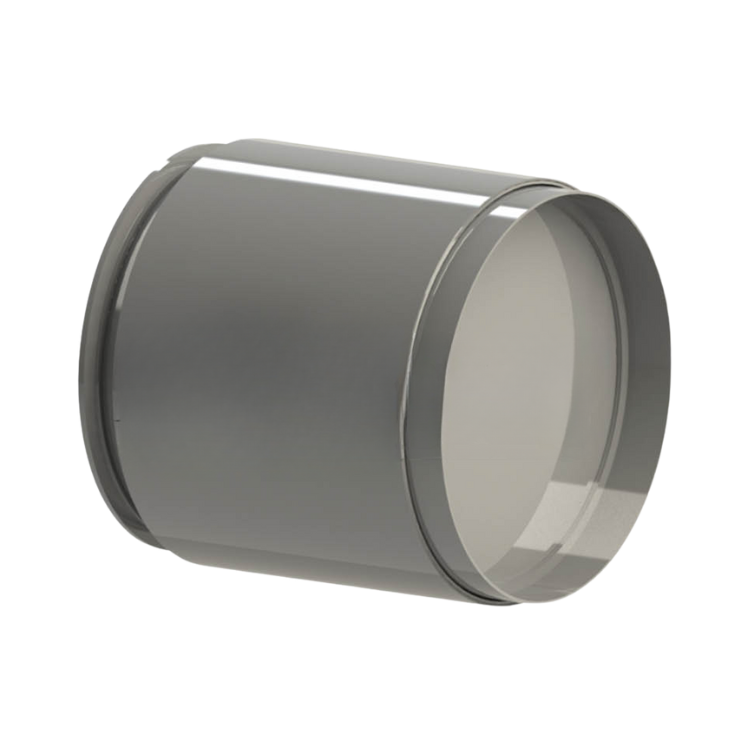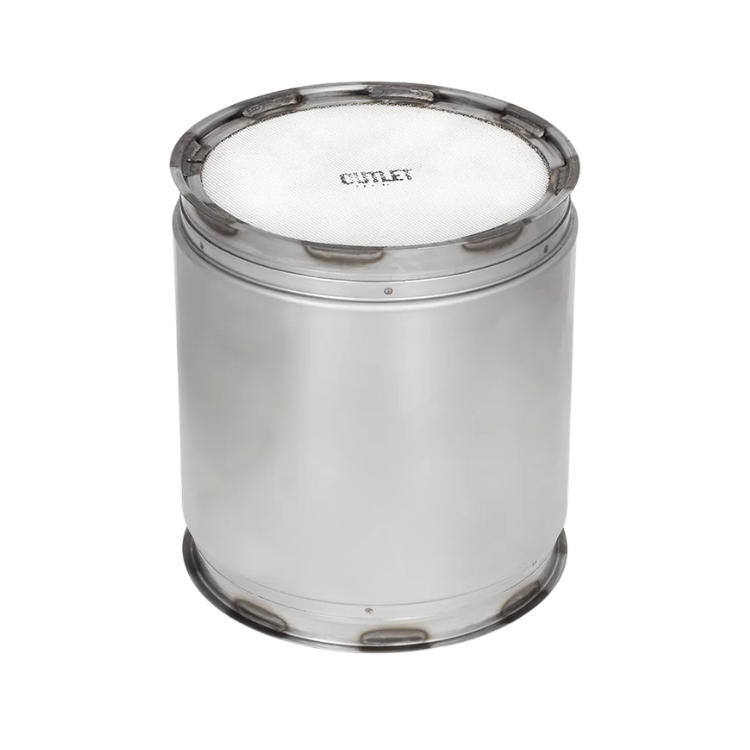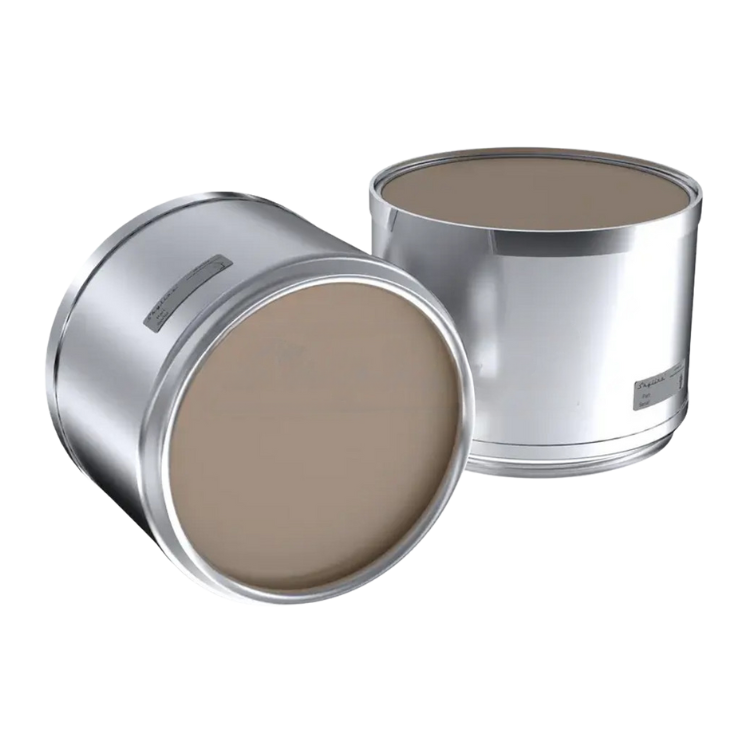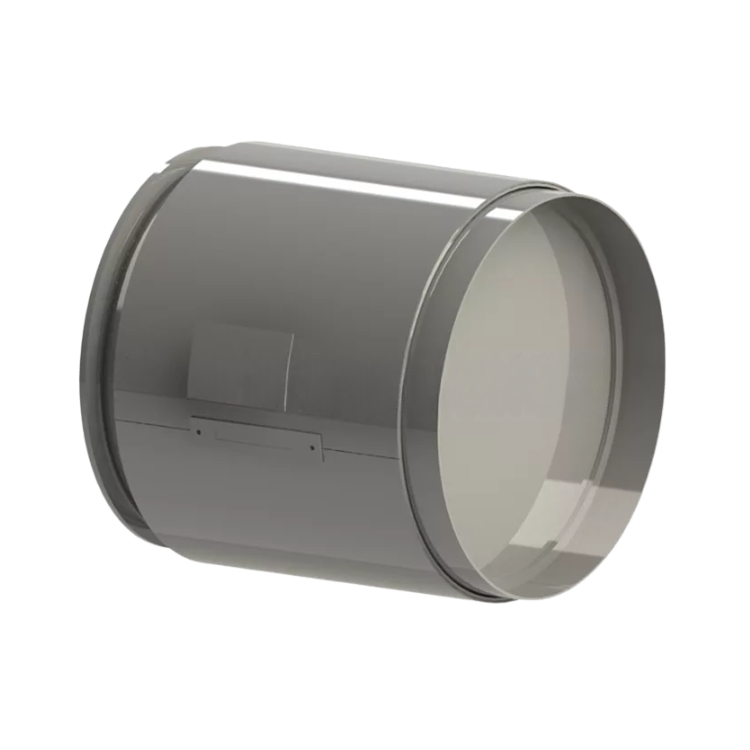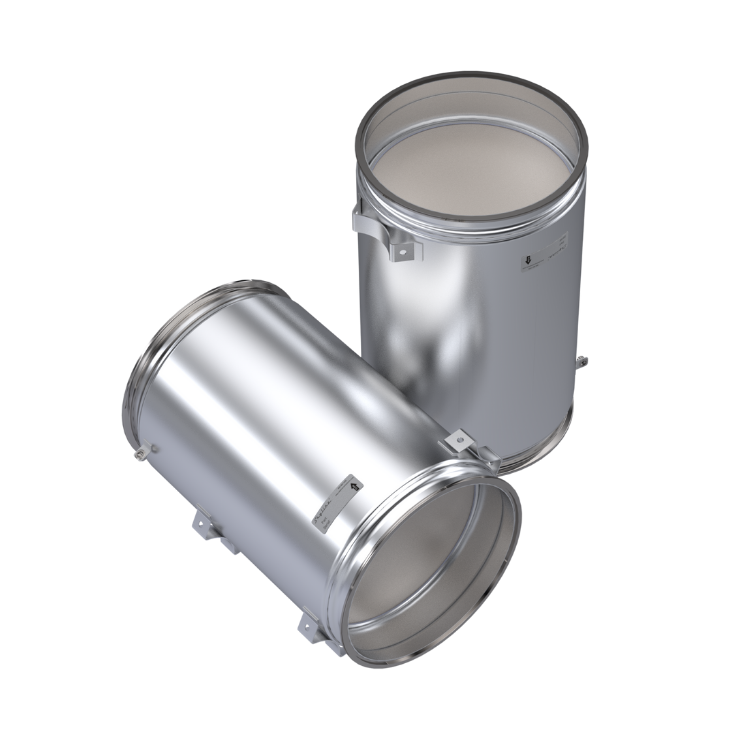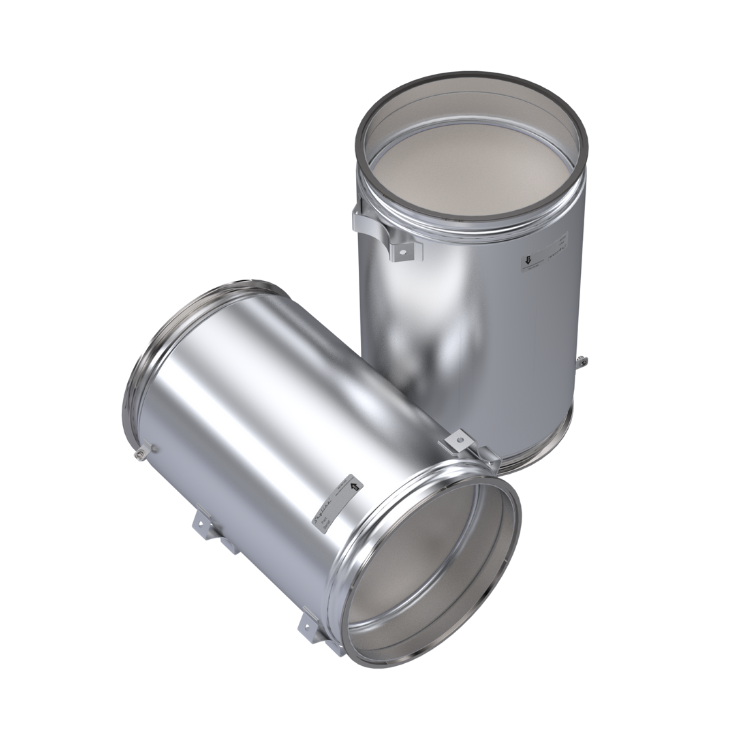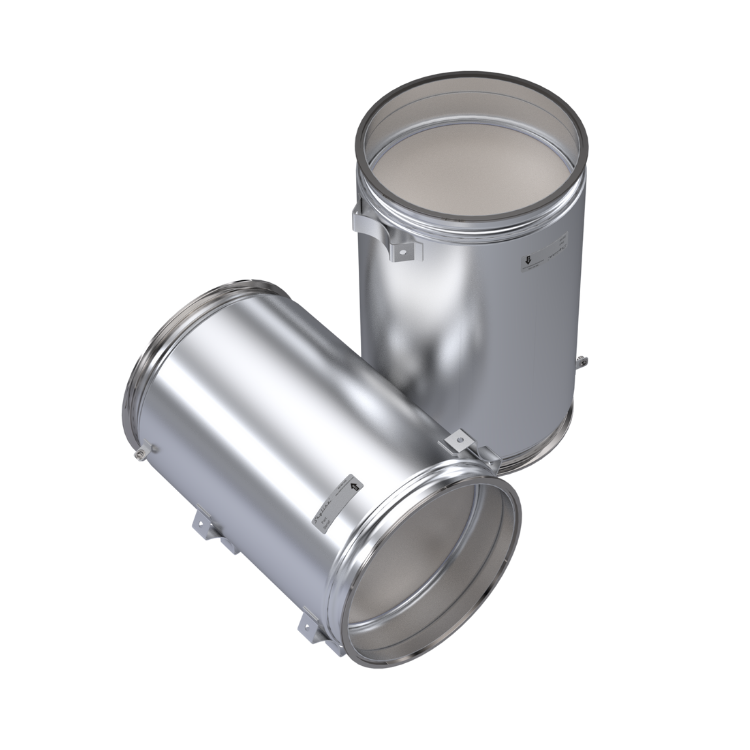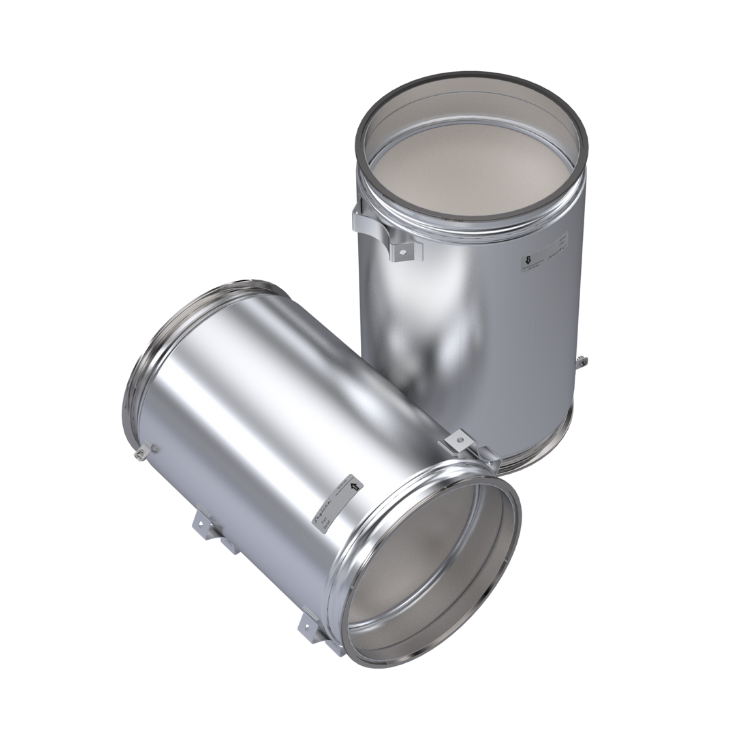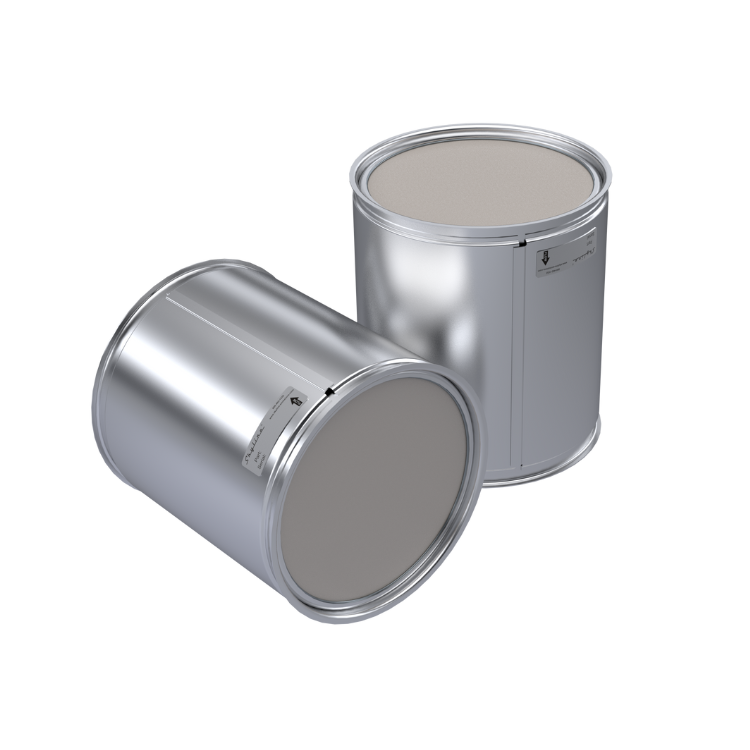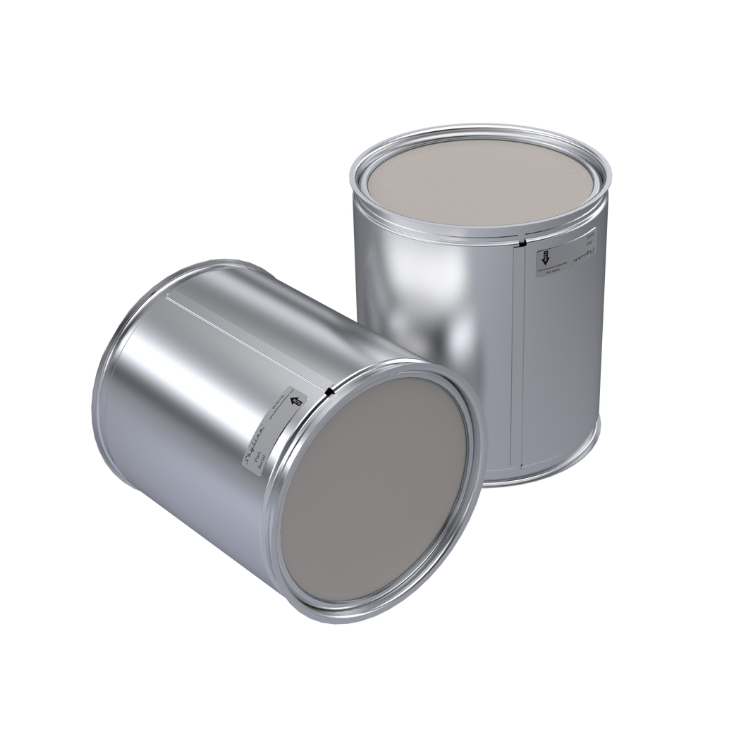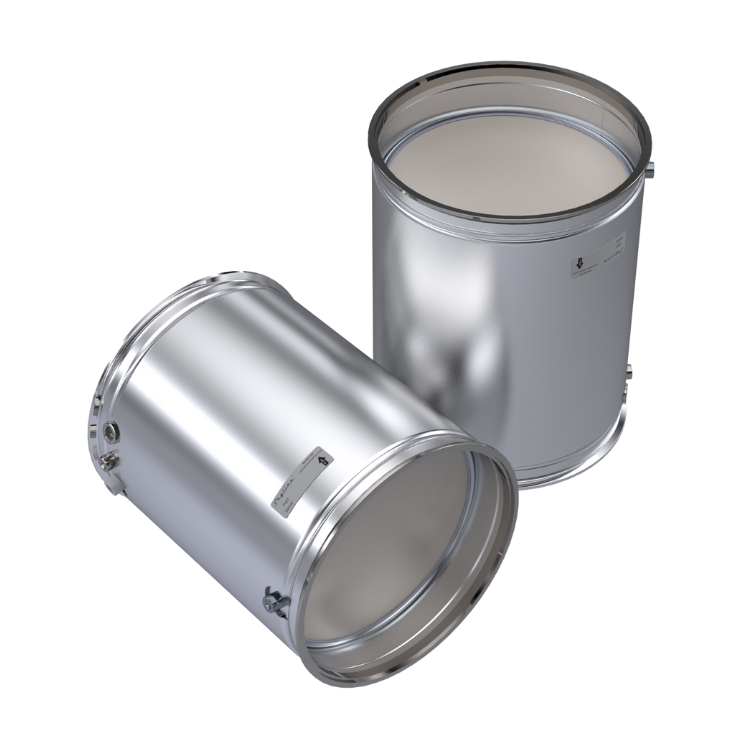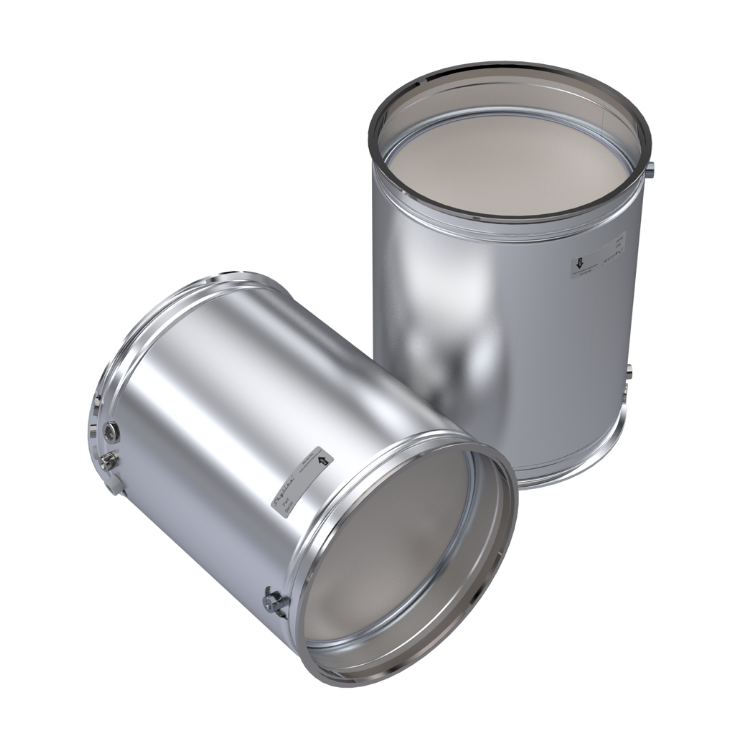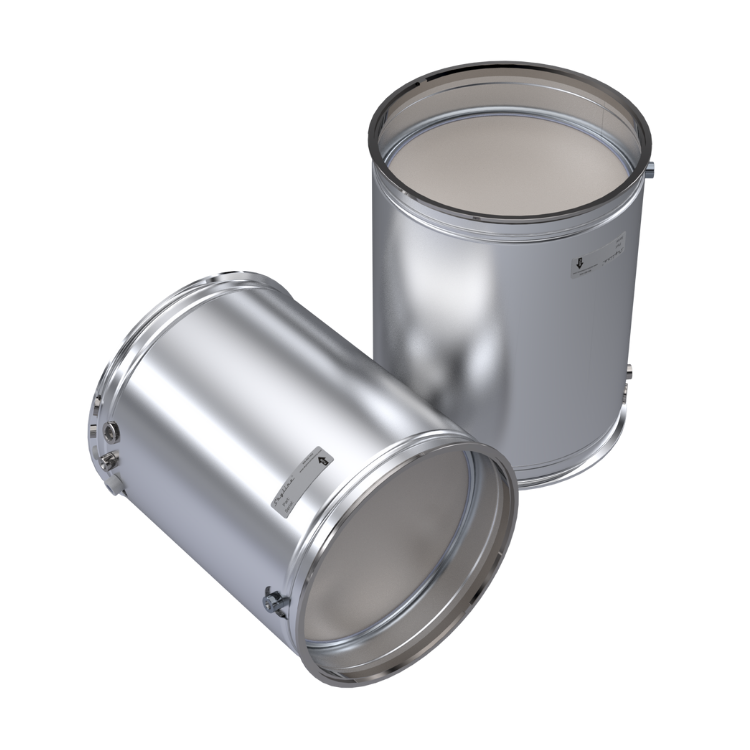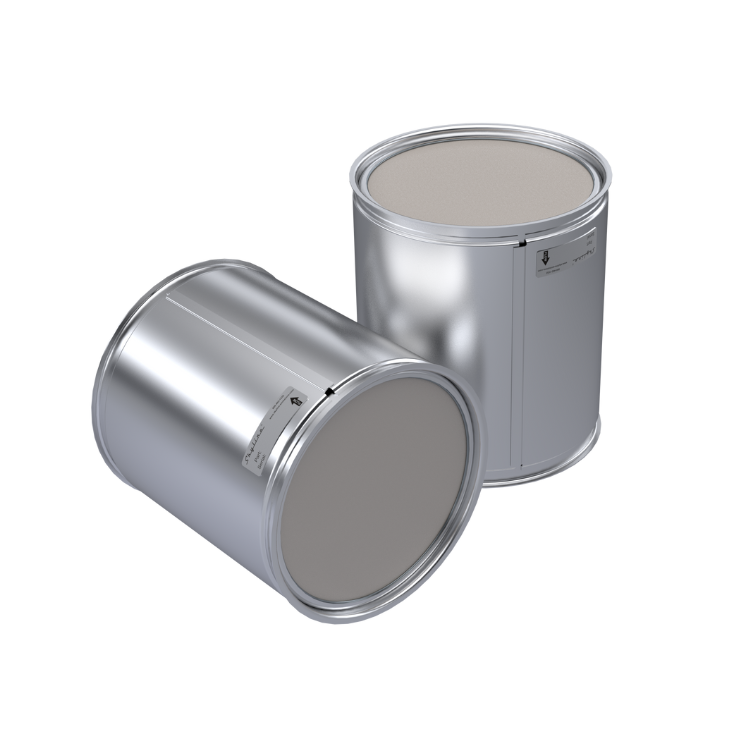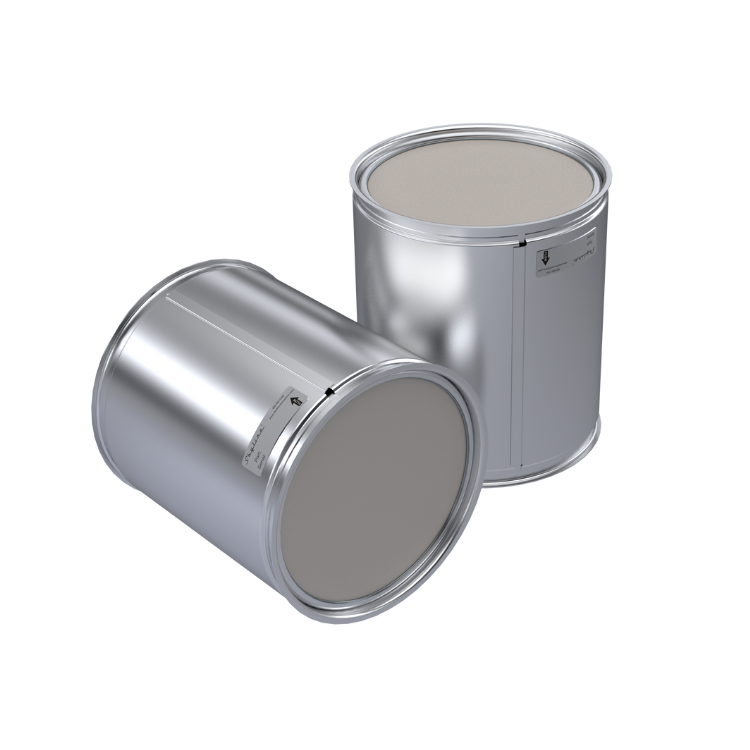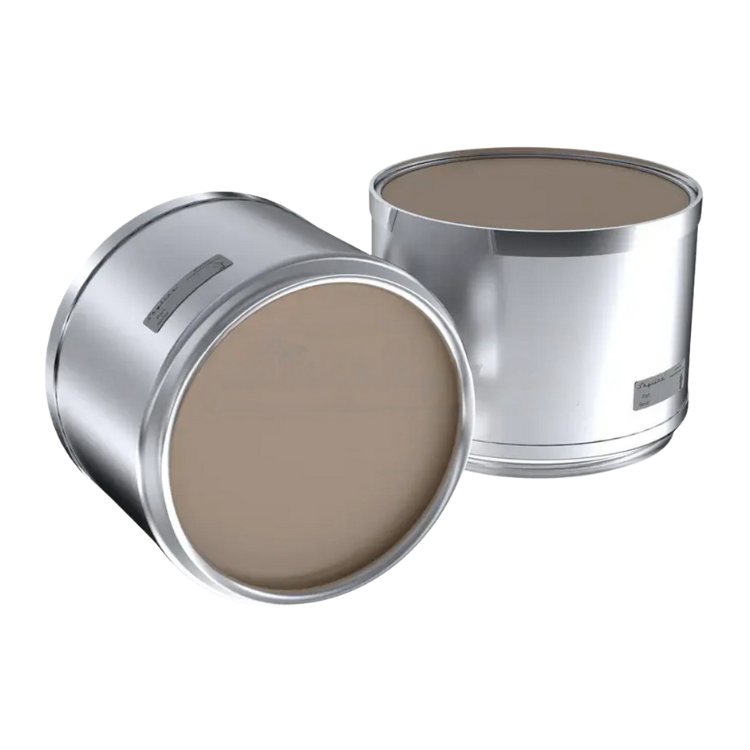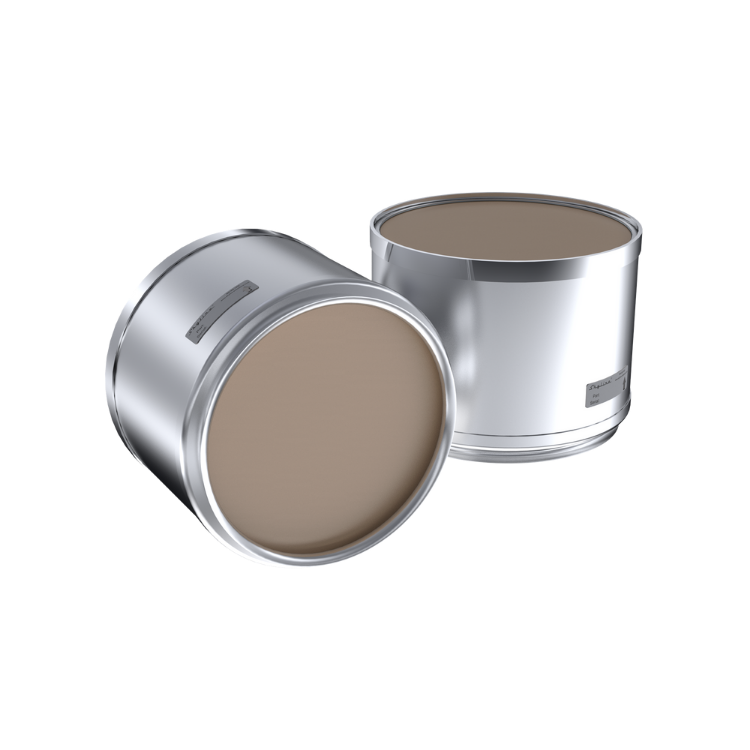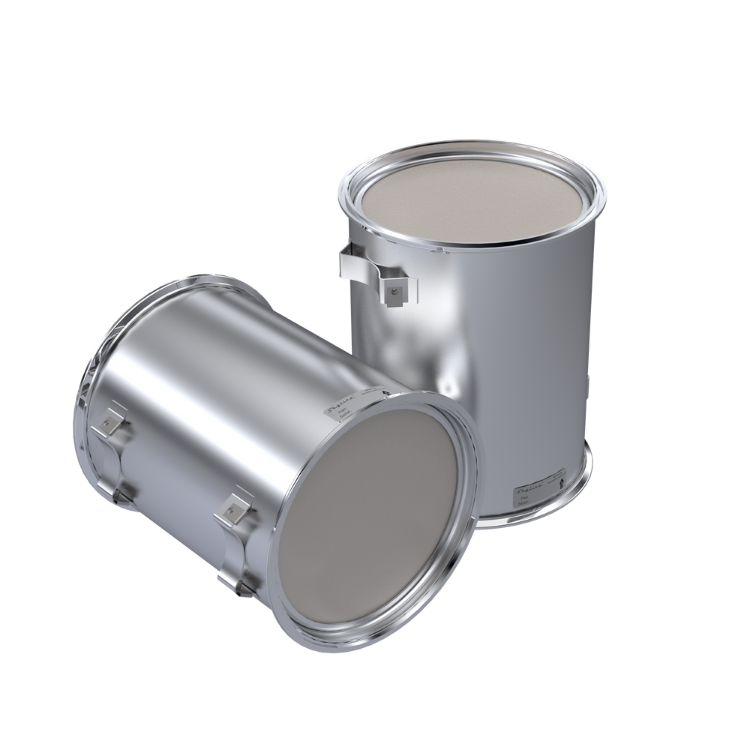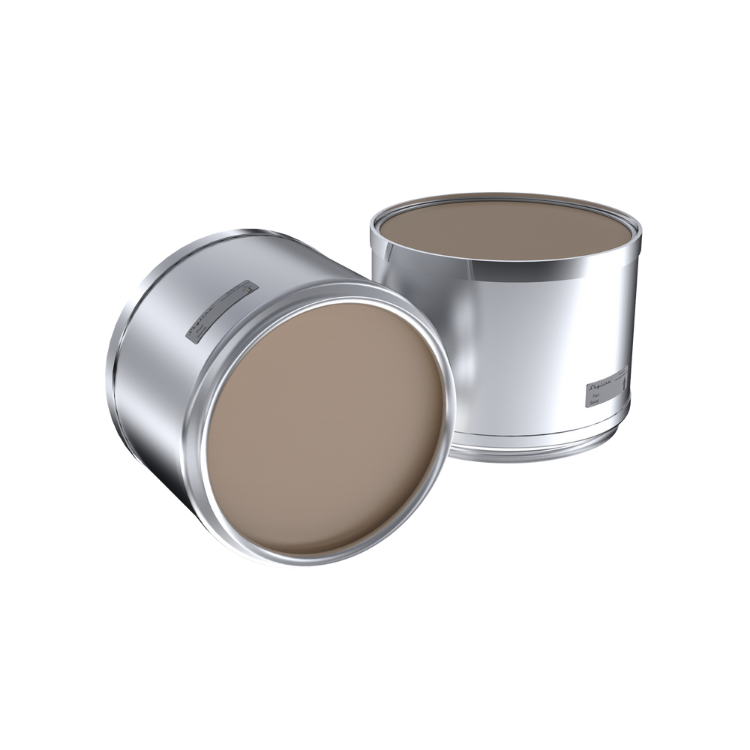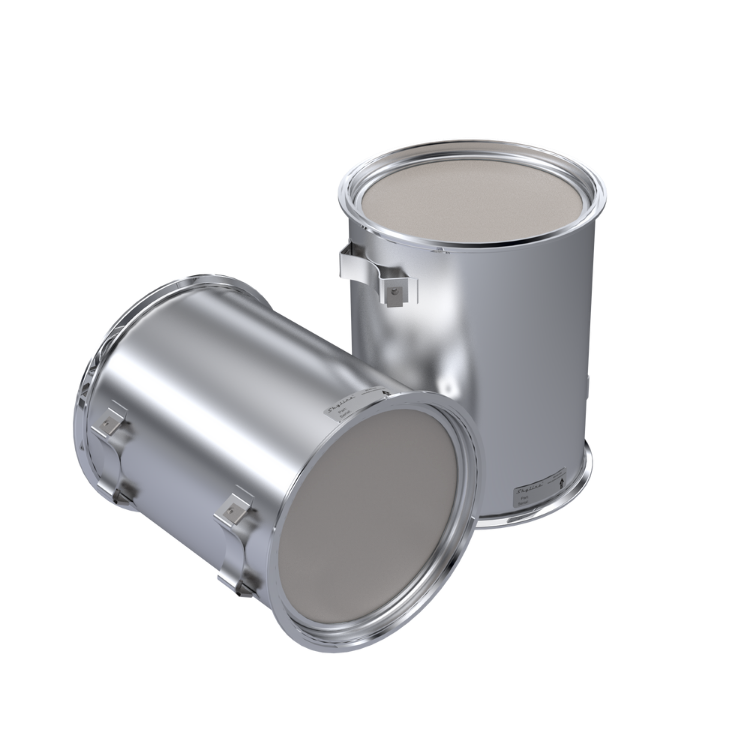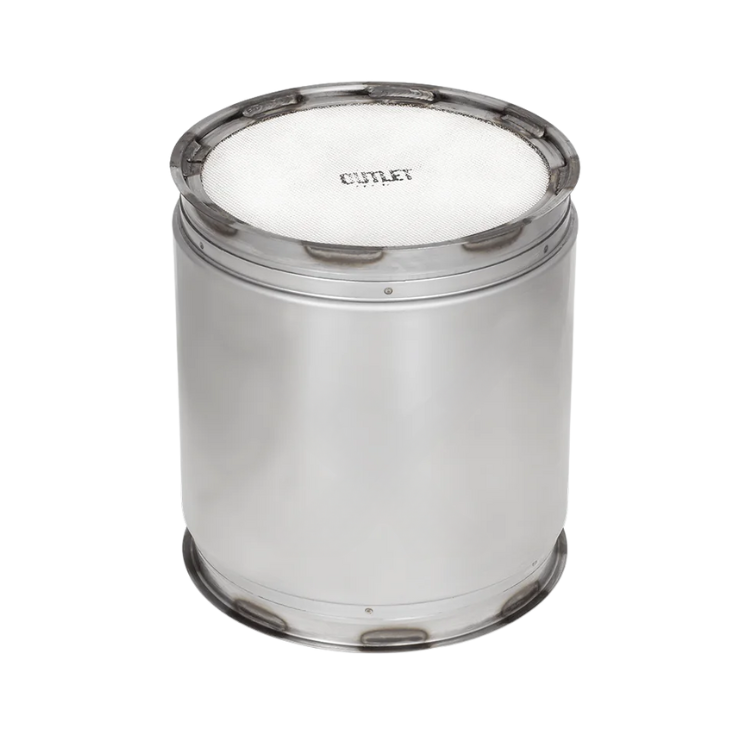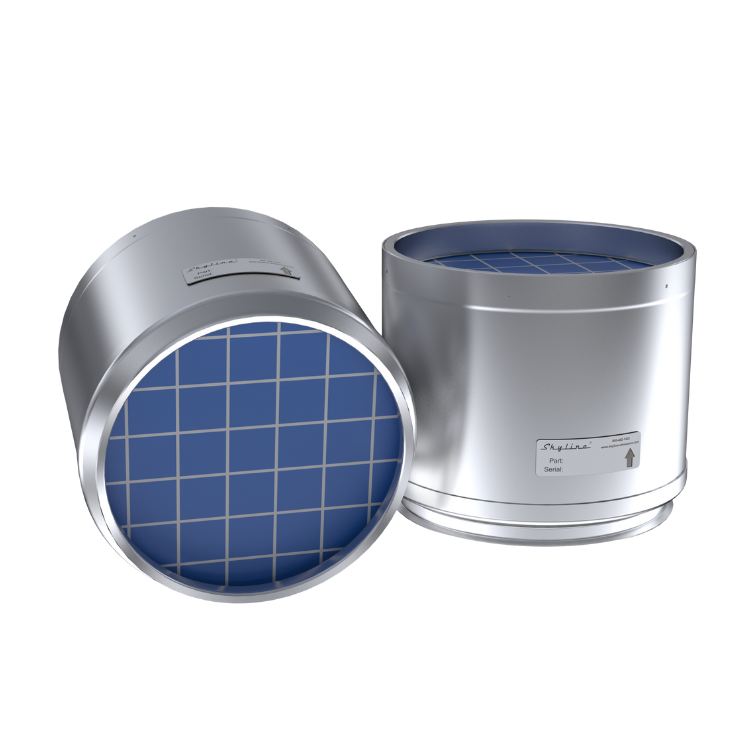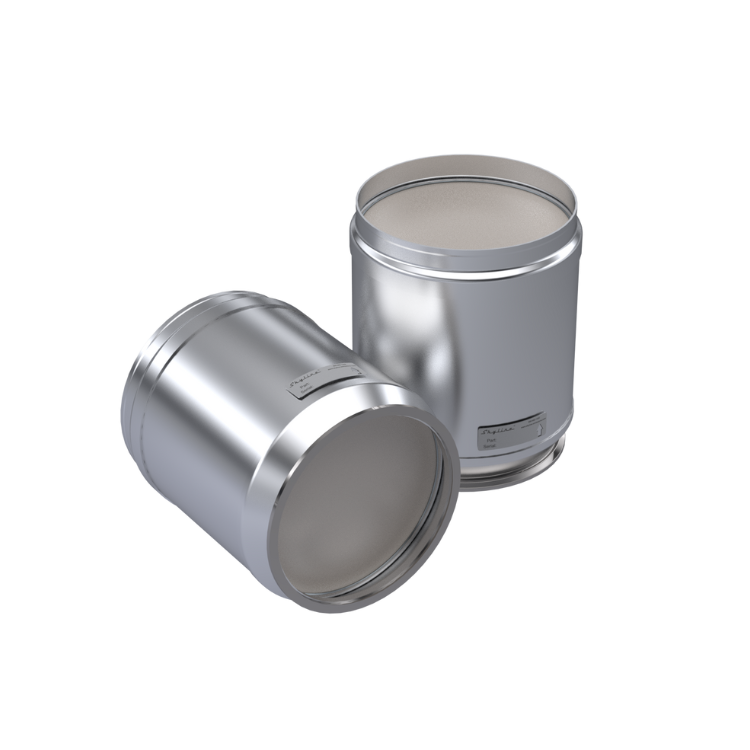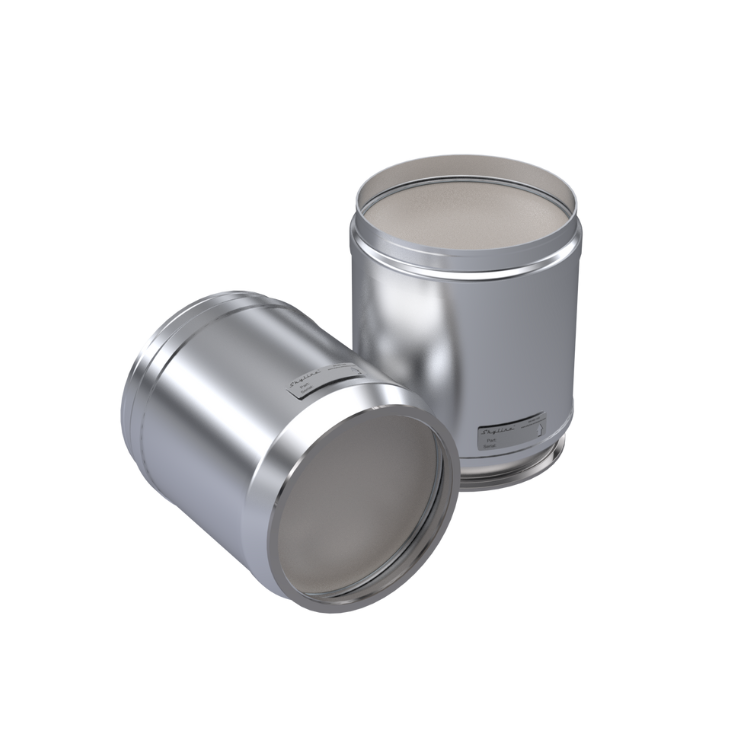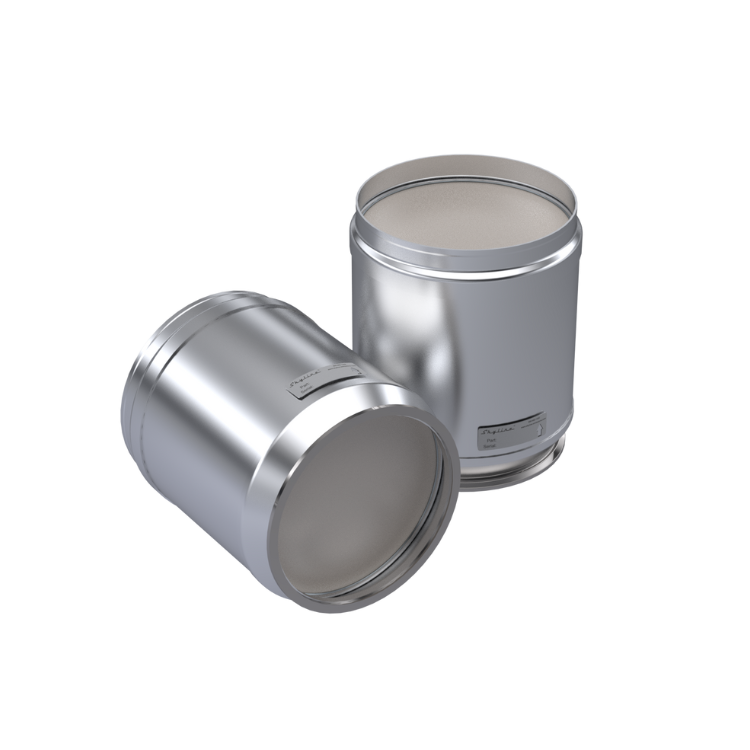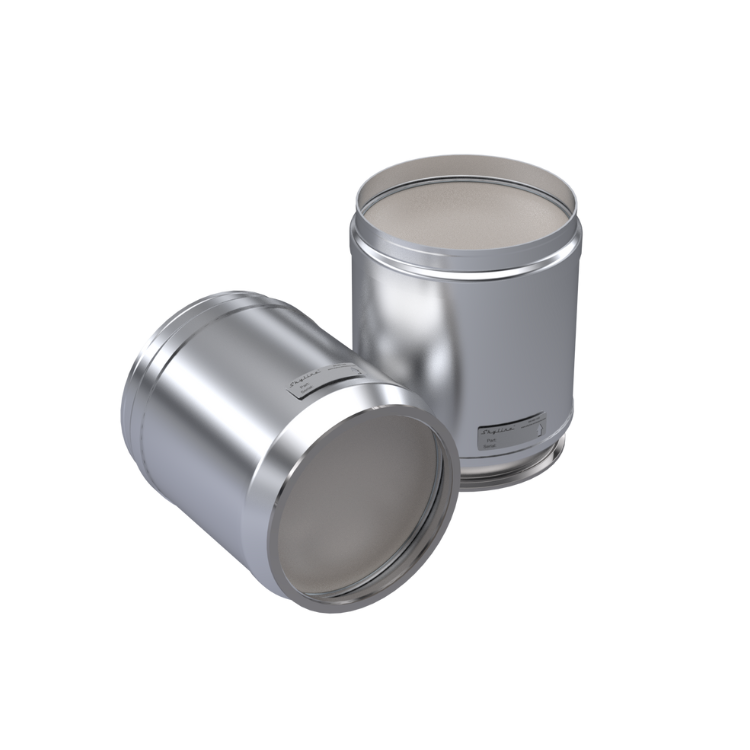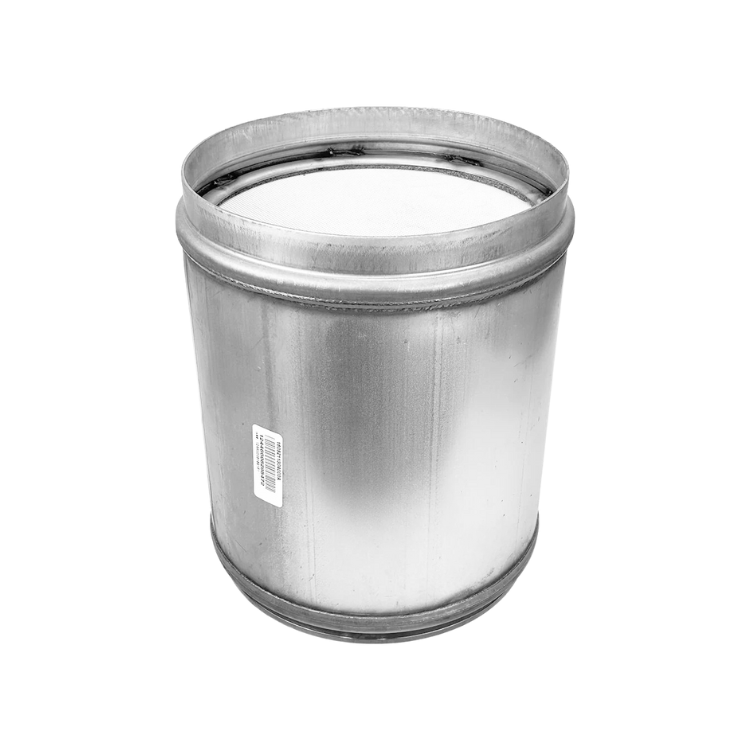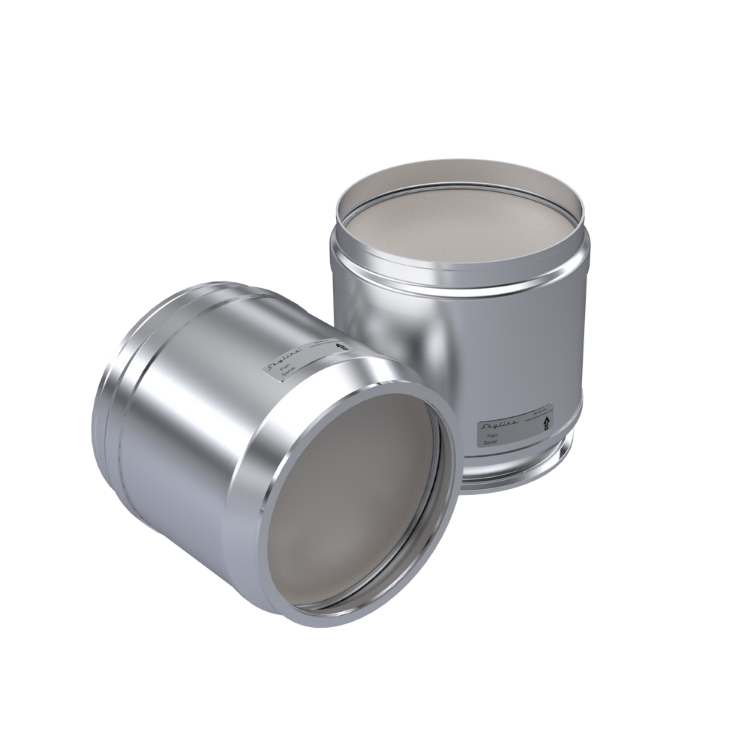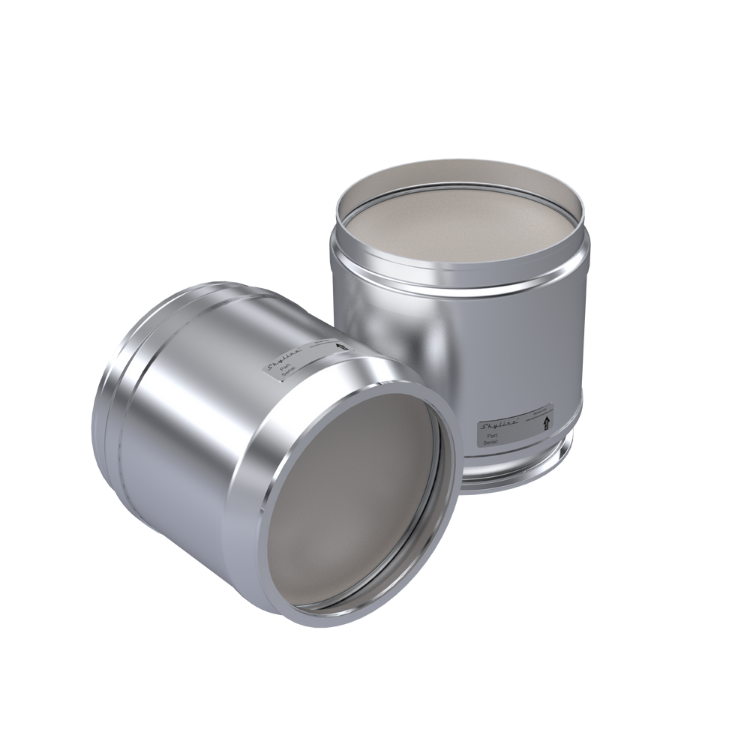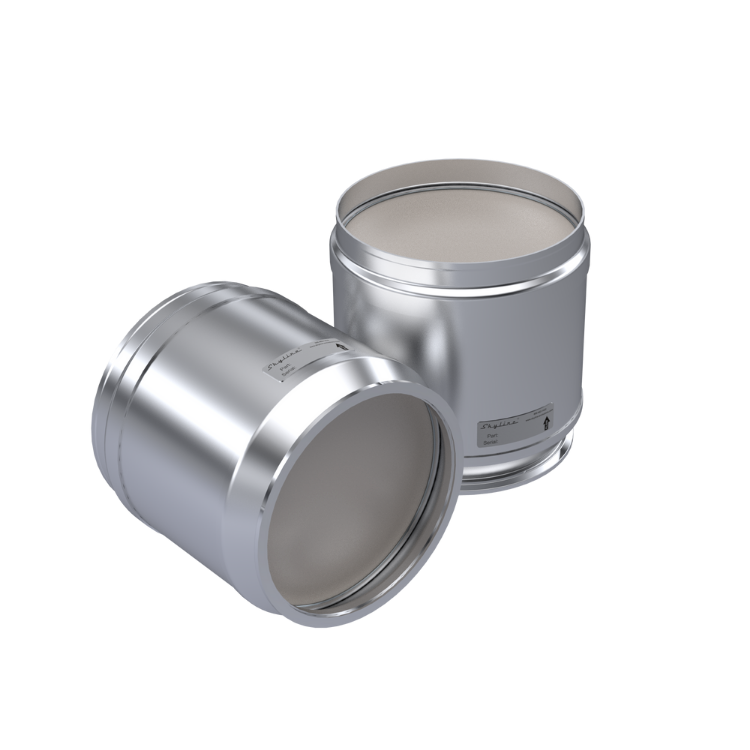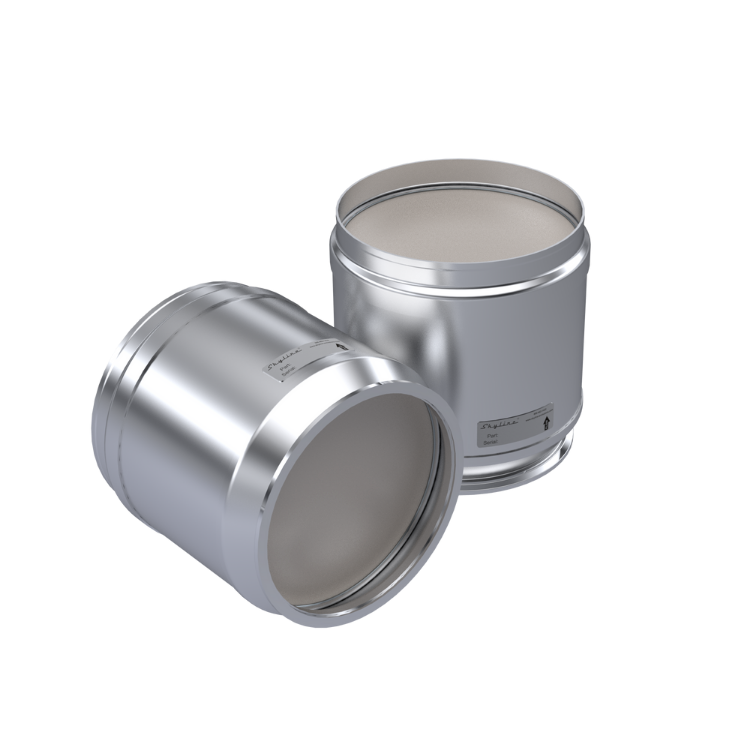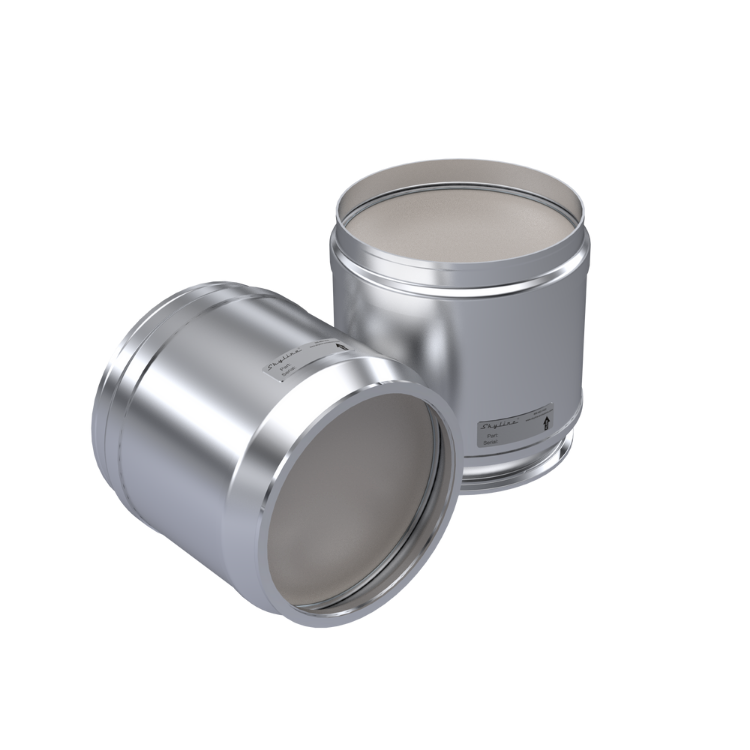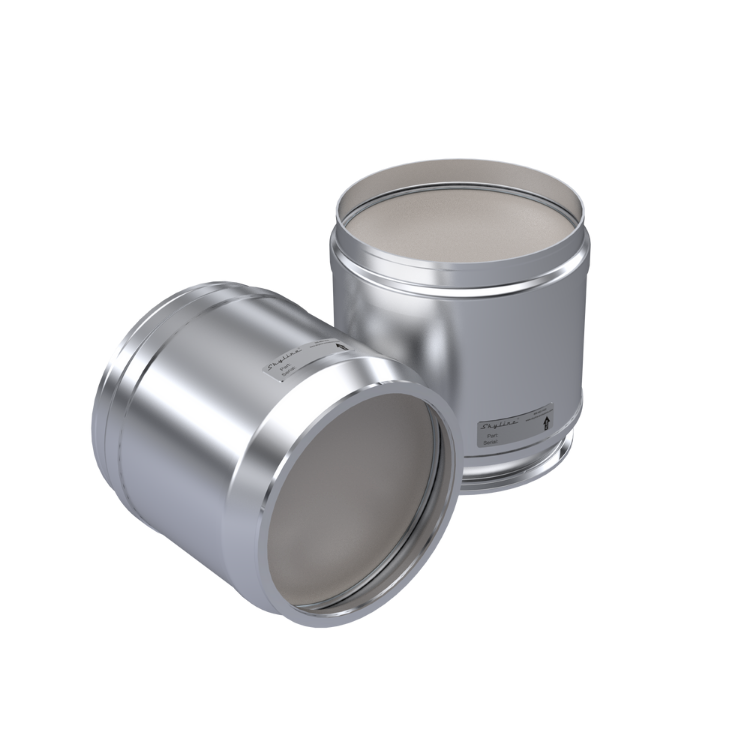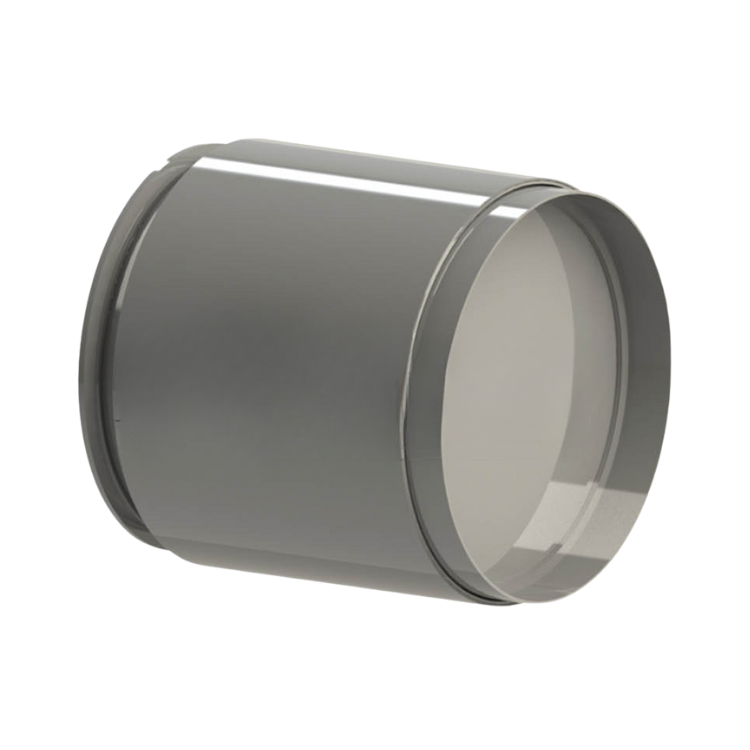The Diesel Particulate Filter (DPF) is a vital part of your diesel engine’s emission system, designed to trap and eliminate soot from exhaust gases. Over time, however, the DPF can become clogged, damaged, or too contaminated to function effectively. Recognizing the signs that your DPF needs replacing can help avoid further engine issues and stay compliant with emissions regulations.
Common Signs Your DPF May Need Replacing
-
Frequent Regeneration Cycles
If your vehicle requires constant active regeneration to clear soot buildup, the filter may be near the end of its service life. -
Loss of Engine Power
A clogged DPF restricts exhaust flow, which often results in sluggish acceleration, decreased fuel efficiency, or reduced overall engine performance. -
Persistent Warning Lights
DPF or check engine lights that stay illuminated after attempted regeneration cycles can indicate a worn-out or damaged filter. -
High Exhaust Backpressure
Excessive backpressure from a blocked DPF can cause increased engine temperatures and potential damage to components. -
Failed Regeneration Attempts
If your DPF no longer completes regeneration cycles properly—even after cleaning or service—it could be due for replacement. -
Fuel Smell or Poor Fuel Economy
Unburnt fuel odors and reduced fuel economy may point to a compromised DPF, especially when combined with other symptoms.
Knowing when your DPF needs replacing is key to maintaining engine efficiency and avoiding costly downtime. If you're experiencing several of these issues, a diagnostic scan and professional inspection can confirm whether a replacement is necessary. Regular servicing and timely cleaning can extend the life of your DPF, but eventually, replacement becomes the only viable solution.






